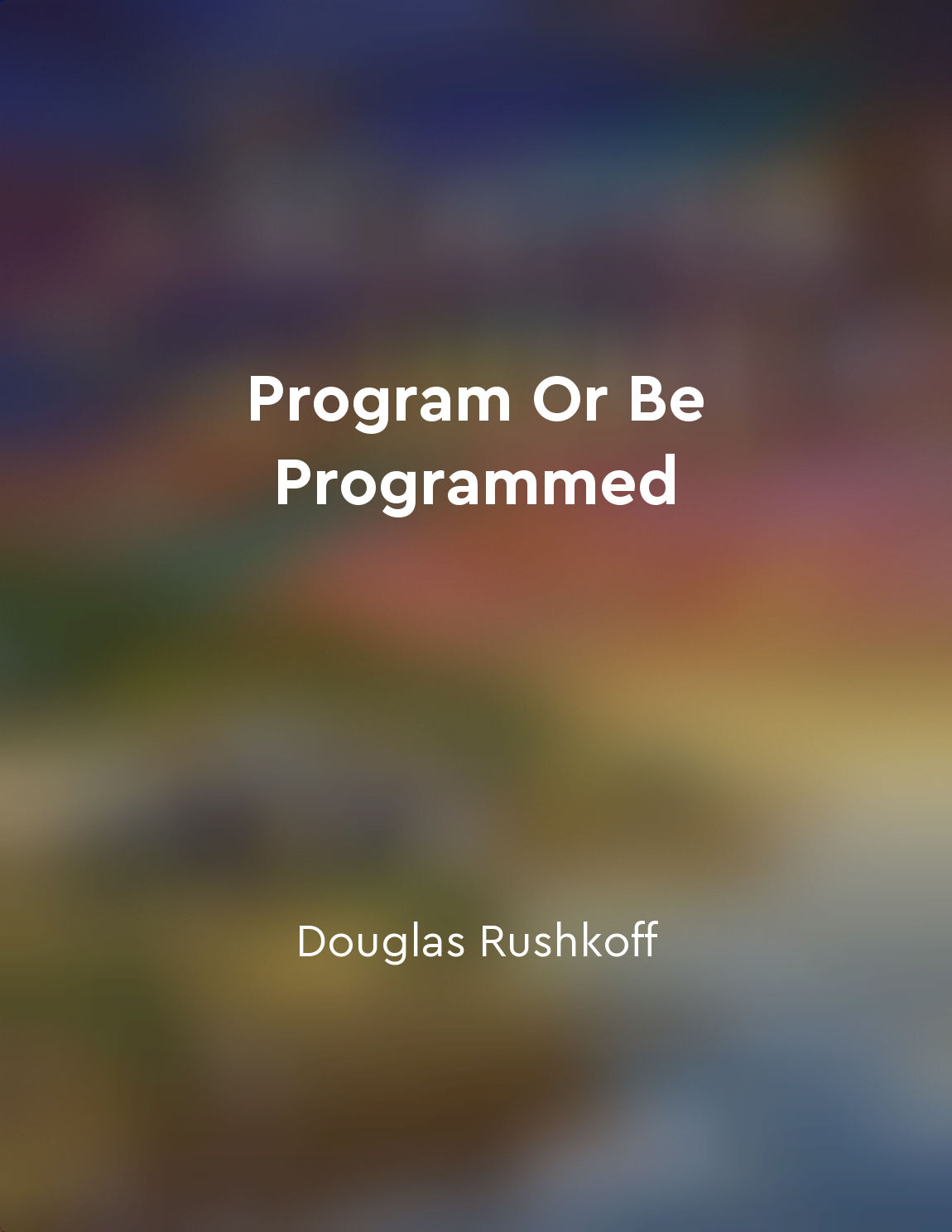Protecting individual rights is essential from "summary" of Weapons of Math Destruction by Cathy O'Neil
The idea that individual rights must be safeguarded is a fundamental principle in any society. It is the bedrock upon which our freedom and autonomy rest. Without the protection of our rights, we are vulnerable to exploitation and manipulation by those in positions of power. When it comes to the use of mathematical models and algorithms, this principle becomes even more critical. These tools have the potential to impact every aspect of our lives, from the advertisements we see online to the sentences handed down in courtrooms. Mathematical models are created by humans, and as such, they are not neutral or objective. They reflect the biases and assumptions of their creators, which can lead to discriminatory outcomes. When these models are used to make decisions that affect individuals, they have the power to infringe upon their rights. For example, an algorithm that determines who gets hired for a job may inadvertently discriminate against certain groups based on characteristics such as race or gender. In order to prevent such injustices, it is essential that we prioritize the protection of individual rights when designing and implementing mathematical models. This requires a commitment to transparency and accountability, so that the decision-making processes behind these models can be scrutinized and challenged. It also necessitates the incorporation of ethical considerations into the development of algorithms, so that they do not perpetuate existing inequalities. Furthermore, individuals must be given the opportunity to appeal decisions made by algorithms that impact their rights. This means ensuring that there are mechanisms in place for people to challenge the outcomes of these models and seek redress if they believe they have been wronged. By putting the protection of individual rights at the forefront of our thinking when it comes to mathematical models, we can help ensure that these tools are used in a fair and equitable manner.Similar Posts
Vision for a more sustainable and equitable future
The vision for a more sustainable and equitable future is a guiding principle that shapes the decisions and actions of individu...
Multiagent interactions complexity
The complexity of interactions grows exponentially with the number of agents involved. Even with just a handful of agents, the ...
Society is at a crossroads
We are living in a time of rapid technological advancement, where data is being collected and analyzed on a massive scale. Our ...
AI's impact on civilization requires ethical guidance
In our quest to create superintelligent AI, we must not forget the importance of ethics. Without ethical guidance, the impact o...
Striving for fairness in data analysis
In the quest for fairness in data analysis, one must first acknowledge the biases that are inherent in the data itself. Data is...
Smart machines have the potential to address global challenges
Smart machines are revolutionizing industries and reshaping the way we live and work. These advanced technologies have the pote...

Digital literacy is a form of selfdefense in the digital age
Digital literacy is not just about learning how to use digital tools, but also about understanding the underlying logic of the ...
These "math monsters" can ruin lives
In our society, we have allowed these "math monsters" to seep into various aspects of our lives, often without fully understand...
